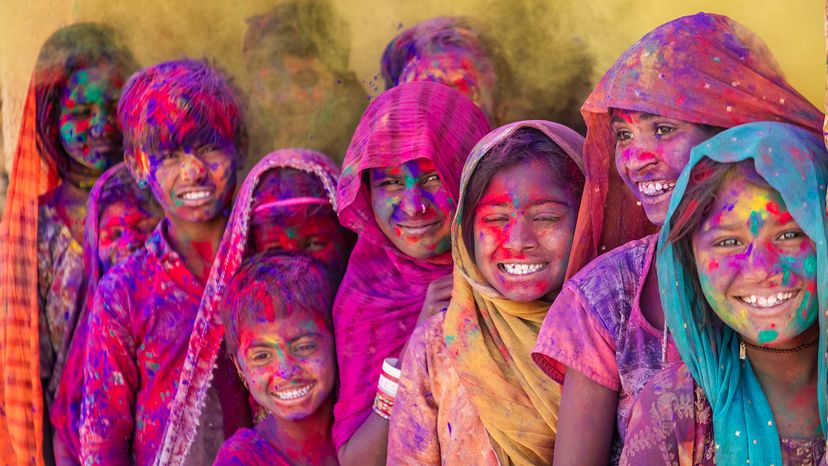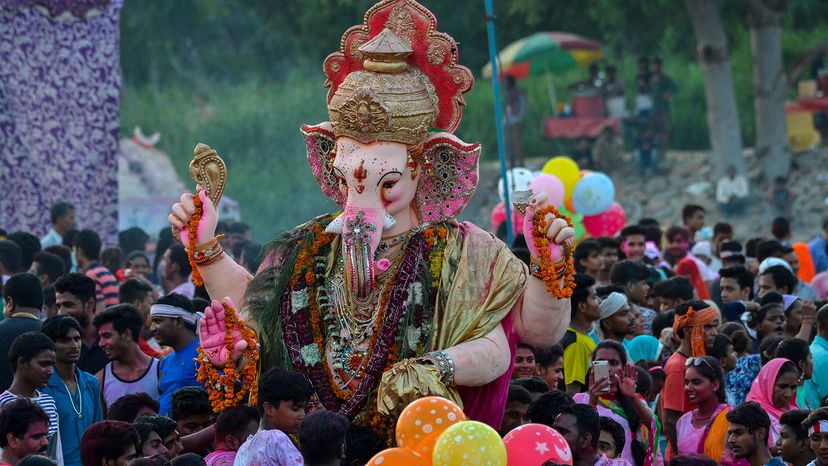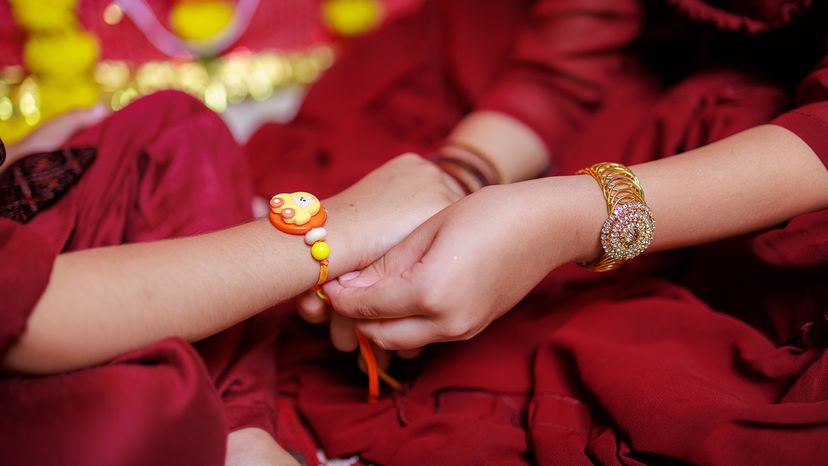
India is home to thousands of traditions, but a few events shine brighter than the rest.
If you're looking for the Indian festivals that bring entire communities together, these cultural powerhouses deserve the spotlight. Most are rooted in the Hindu calendar, with vibrant links to mythology, agriculture and astronomy.
Advertisement
From harvest rituals to moon days, most Hindu festivals follow the traditional Hindu lunisolar calendar, which combines lunar months with periodic solar adjustments to align with the seasons. That means many dates shift each year on the Gregorian calendar, but the celebrations? Always right on time.

